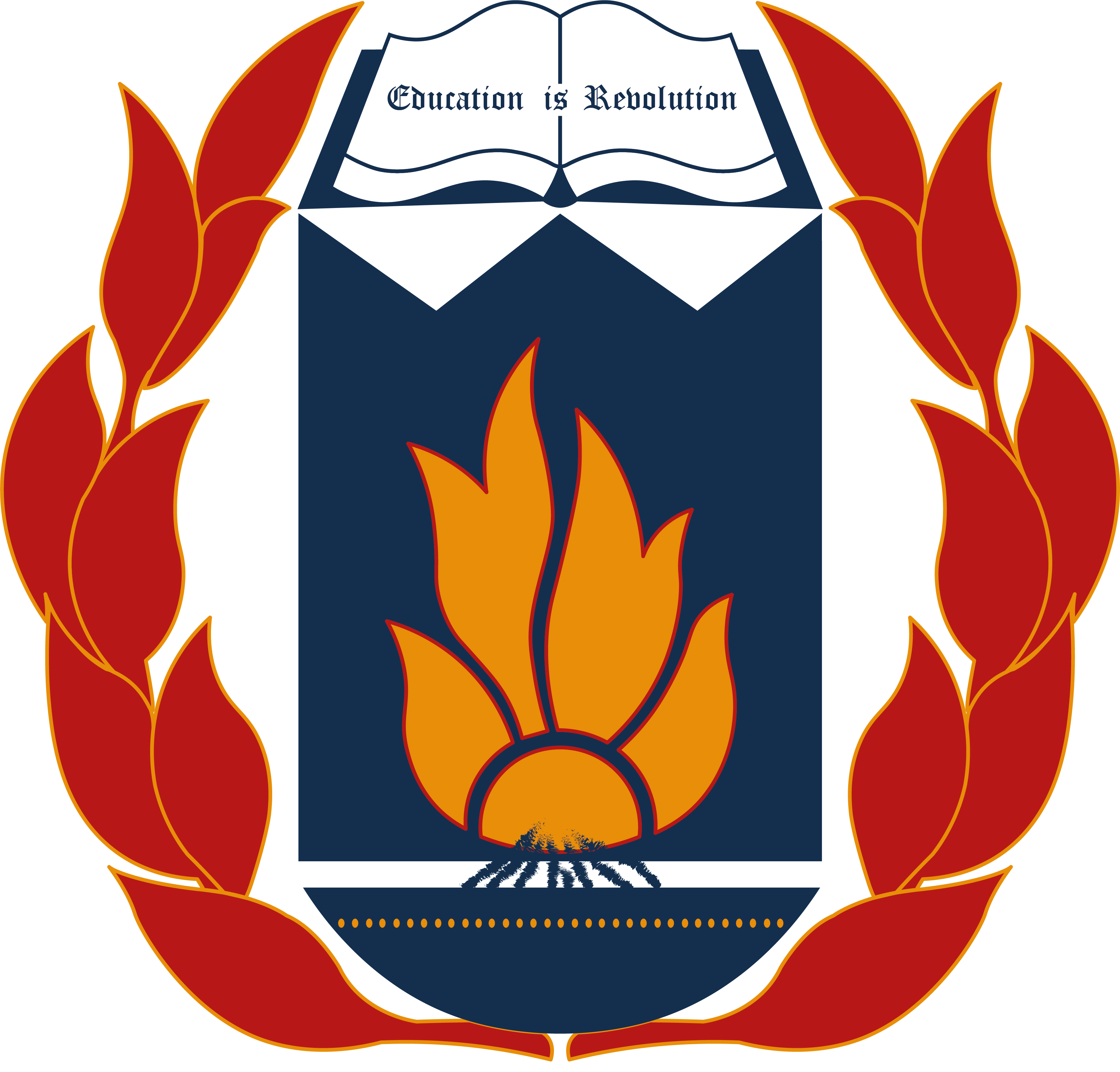Spring Normal University (SNU) is dedicated to providing accessible, high-quality education to students who seek to contribute to Myanmar’s educational and governance sectors. Our programs are designed to equip students with the necessary skills, knowledge, and critical thinking abilities to become leaders in their respective fields. By fostering a collaborative learning environment, SNU empowers students to drive positive change in society. Below are the degree programs offered at SNU, each tailored to meet the needs of future educators, policymakers, and technology professionals.
Here are the program descriptions for each degree program at Spring Normal University (SNU):
1. Bachelor of Education in Early Childhood Care and Development (B.Ed. ECCD)
The B.Ed. in Early Childhood Care and Development (ECCD) is designed to equip educators with the knowledge and skills necessary to support the holistic development of young children from birth to age 8. This program focuses on child psychology, play-based learning, and inclusive teaching practices. Students will explore how to create safe, nurturing, and stimulating learning environments that foster cognitive, emotional, social, and physical growth in early learners. Additionally, the curriculum emphasizes the importance of family and community engagement, ensuring a strong support system for children’s development. Graduates will be well-prepared to work in various early childhood settings, including preschools, daycare centers, and community-based education programs.
B.Ed. (ECCD) Degree Programs Structure
Coursework
- From the first year to the final (fourth) year, students are required to study 7 subjects in each academic year.
Practicum
- Students must complete a yearly teaching practicum, which involves practical teaching experience in schools.
Projects/Presentations/Practicals
- As part of the coursework, students are required to undertake subject-specific projects, presentations, and practicals.
Thesis Requirement
- To fulfill graduation requirements, students must submit two theses:
- One in Education.
- One in their specialized subject.


2. Bachelor of Education in Primary Education (B.Ed. Primary)
The B.Ed. in Primary Education prepares educators to teach and mentor young learners in Grades 1–5. The program emphasizes subject-specific knowledge, innovative teaching methodologies, and classroom management techniques tailored for primary education. Students will develop skills in literacy instruction, numeracy development, and child-centered pedagogy to ensure students receive a strong academic foundation. The curriculum also covers strategies for differentiated instruction to accommodate diverse learning needs. Graduates will be equipped to foster creativity, curiosity, and lifelong learning in their students while promoting a positive classroom environment.
B.Ed. (Primary) Degree Programs Structure
Coursework
- From the first year to the final (fourth) year, students are required to study 7 subjects in each academic year.
Practicum
- Students must complete a yearly teaching practicum, which involves practical teaching experience in schools.
Projects/Presentations/Practicals
- As part of the coursework, students are required to undertake subject-specific projects, presentations, and practicals.
Thesis Requirement
- To fulfill graduation requirements, students must submit two theses:
- One in Education.
- One in their specialized subject.


3. Bachelor of Education in Lower Secondary Education (B.Ed. Lower Secondary)
The B.Ed. in Lower Secondary Education is designed for future educators who will teach students in Grades 6–9. This program focuses on adolescents learning psychology, subject-specific pedagogy, and effective classroom management strategies. Students will gain expertise in teaching academic subjects while also learning how to integrate social content into the classroom. The program encourages the development of critical thinking, problem-solving, and inquiry-based learning approaches. Graduates will be prepared to create engaging and inclusive learning environments that support the academic and personal growth of early teenagers.
B.Ed. (Lower Secondary) Degree Programs Structure
Coursework
- From the first year to the final (fourth) year, students are required to study 7 subjects in each academic year.
Practicum
- Students must complete a yearly teaching practicum, which involves practical teaching experience in schools.
Projects/Presentations/Practicals
- As part of the coursework, students are required to undertake subject-specific projects, presentations, and practicals.
Thesis Requirement
- To fulfill graduation requirements, students must submit two theses:
- One in Education.
- One in their specialized subject.


4. Bachelor of Education in Upper Secondary Education (B.Ed. Upper Secondary)
The B.Ed. in Upper Secondary Education is designed for educators who will teach high school students in Grades 10-12. This program provides specialized subject training, advanced teaching methodologies, and research-based instructional strategies to prepare students for higher education and career readiness. It emphasizes critical thinking, student engagement, and effective assessment techniques to enhance learning outcomes. The curriculum also includes training in career guidance and counseling, helping educators support students in making informed decisions about their academic and professional futures. Graduates will be equipped to handle the challenges of secondary education and contribute to shaping the next generation of leaders.
B.Ed. (Lower Secondary) Degree Programs Structure
Coursework
- From the first year to the second year, students are required to study 7 subjects in each academic year.
- From the third year to the fourth (final) year, students are required to study 5 subjects in each academic year.
Practicum
- Students must complete a yearly teaching practicum, which involves practical teaching experience in schools.
Projects/Presentations/Practicals
- As part of the coursework, students are required to undertake subject-specific projects, presentations, and practicals.
Thesis Requirement
- To fulfill graduation requirements, students must submit two theses:
- One in Education.
- One in their specialized subject.



For All Bachelor Programs
One academic year consists of 2 semesters (1st semester and 2nd semester).
– An academic year lasts for 10 months.
– Each semester lasts for 3 months.
– There is a 2-month break between the first and second semesters.
– After the second semester, there is another 2-month break.
– If a student completes the required coursework for the academic year, they will be promoted to the next academic year.
The BEd degree program lasts for 4 years. To progress and graduate, students must:
1. Attend classes regularly.
2. Participate in hands-on laboratory sessions.
3. Complete teaching practices.
4. Engage in various teaching and learning activities comprehensively.
This structure ensures a well-rounded and rigorous educational experience for all students.
